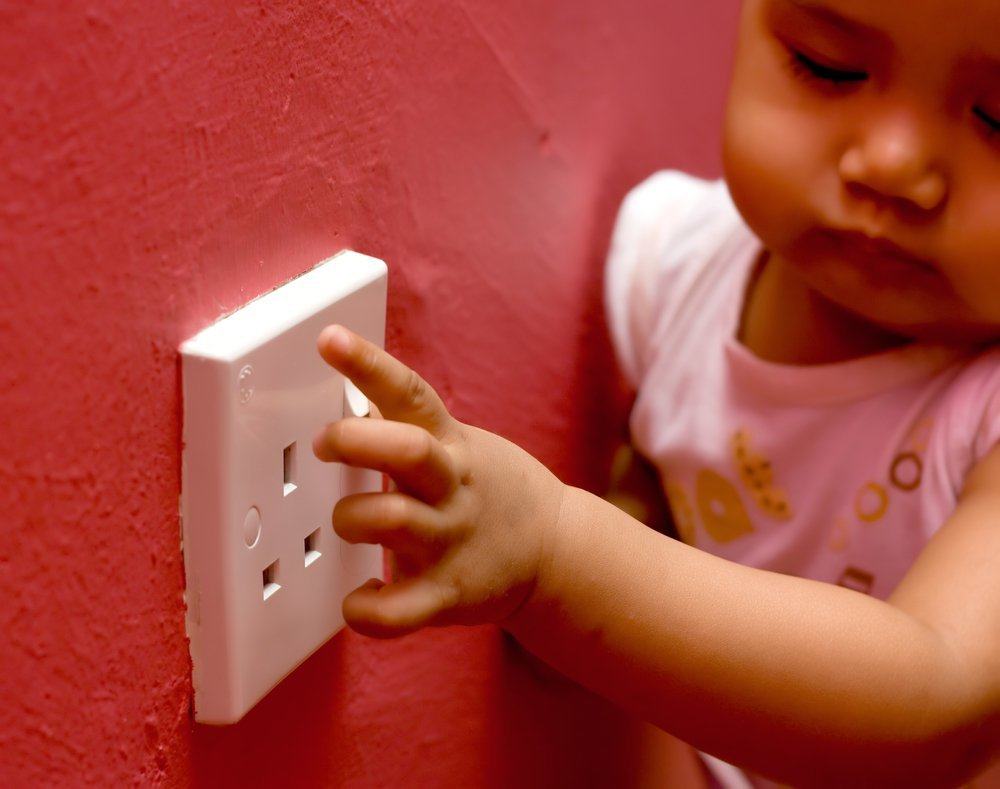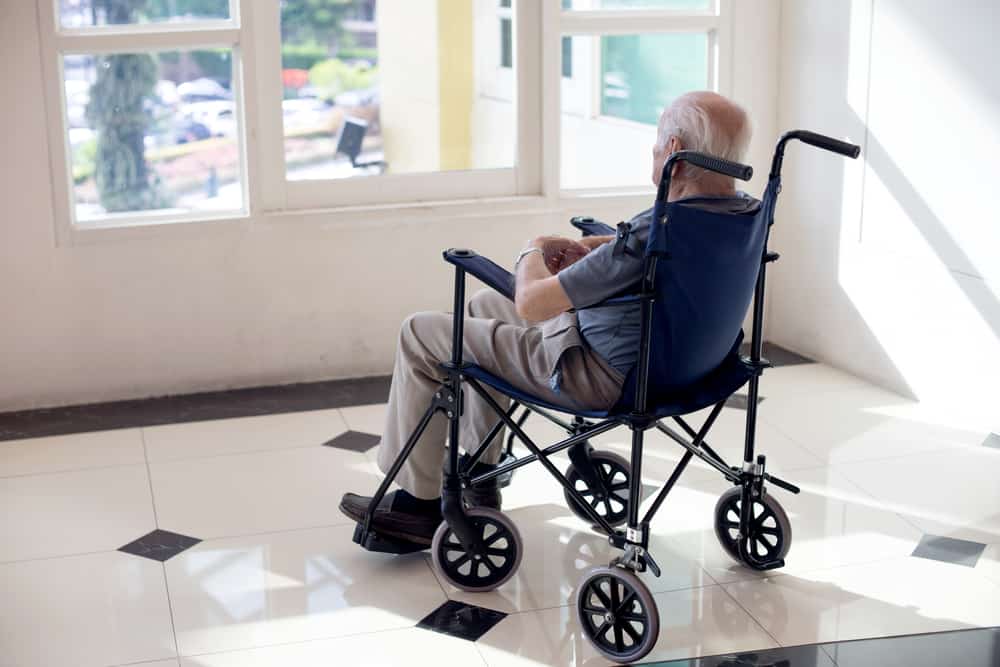Contents:
- Medical Video: 7 Ways to Survive Natural Disasters
- 1. Pay attention to your child while in the dining room
- 2. Secure all stairs
- 3. Check all your household furniture again
- 4. Make the room a safe place to sleep
- 5. Keep all drug containers out of reach of children
- 6. Pay attention to every meal that enters your child's mouth
- 7. Be careful of the dangers of drowning
Medical Video: 7 Ways to Survive Natural Disasters
Seeing the growth and development of your baby is certainly a fun and proud moment. However, over time, increasing the ability of your child makes him more aware of the environment and makes him want to explore further. Of course this should be of special concern. Every room and corner in the house can be a dangerous place if it is not looked after properly. Here are some tips for making a home a safer place for your baby.
1. Pay attention to your child while in the dining room
Infants and young children have a proportion of the head that is larger than the body. This difference in proportion makes it more difficult for them to balance their bodies when sitting. Because their upper parts are heavier, they will tend to fall. If you use a special seat for your baby, make sure you always attach the seat belt and the table properly. Do not place your baby's seat near the counter or table to avoid pushing your baby and making the chair tilt.
2. Secure all stairs
You may need to install a fence or door at each top and bottom of the stairs to reduce the risk of falling on the child. Make sure your child cannot open the door and the door is firm enough so that it doesn't come off when your child pushes it.
3. Check all your household furniture again
Your little adventurous spirit may make you amazed and scared at the same time. If your baby is a true adventurer and likes to climb every object he finds, you may have to make sure that every piece of furniture in your house is stable or not easily dropped. Make sure you don't provide easy access for children to reach high and dangerous places such as kitchen tables.
Also pay attention not to let hot and sharp objects lie carelessly. Knives, stoves, irons, or even a bowl of hot noodles can be a disaster for children. Hanging tablecloths can also be a source of danger that needs attention, the child may pull the tablecloth tip and make objects on it fall.
4. Make the room a safe place to sleep
Sleeping with parents in one bed is not a safe choice for babies. A journal on child science from America states that this can pose a risk of occurrence sudden infant death syndrome. Parents who are fast asleep can also accidentally push the baby to the edge of the bed and make it fall. The safest place for babies to sleep is especially in their own beds, without toys or anything and in a supine position.
5. Keep all drug containers out of reach of children
Children have a tendency to follow the behavior of people who are more mature. If you take certain drugs, your child may also want to follow your behavior and do the same. In addition, colorful pills can also be an attraction for children. Therefore, it is better if you keep all types of drugs out of reach of children.
6. Pay attention to every meal that enters your child's mouth
Choking may be one of the dangers most parents fear. When choking, children can lose total access to outside air. Always pay attention to your baby to always eat in a quiet sitting position. Eating while running is a dangerous condition. Also pay attention to the food that enters your child's mouth. Small and round foods such as grapes have a high risk of causing your child to choke. It's a good idea to cut up this kind of food before giving it to the child.
Also keep in mind, that young children tend to put everything in their mouths - both food and inedible items. To be safer, always assume all items can be eaten by your child. Keep your child away from small objects that can be easily swallowed like batteries or jewelry.
7. Be careful of the dangers of drowning
Never leave your child alone in a bathtub, or even a bath basin. For children, a small amount of water is enough to make them sink. Always accompany your children while they are playing in the water no matter what happens.
READ ALSO:
- Raising a child under the care of a gadget, what's the impact?
- What To Do After Parents Fight In Front Of Children
- Do This After Delivering Shouts Children












